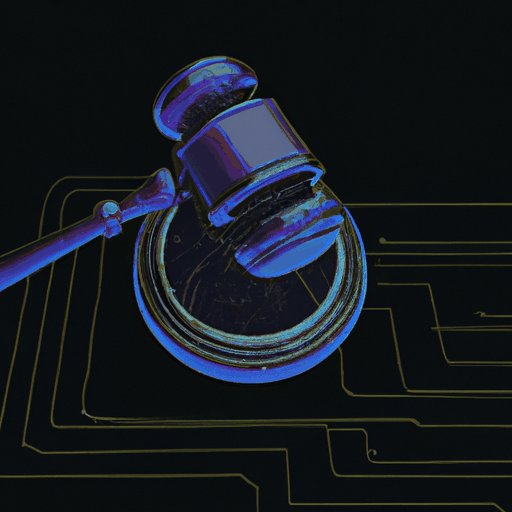
Court Ruling Holds DAOs Liable Under Partnership Laws
By: Eliza Bennet
In a landmark decision, the US District Court for the Northern District of California has determined that decentralized autonomous organizations (DAOs) can face legal liability under general partnership laws. This ruling emerged from the lawsuit involving Lido DAO, a significant player behind the Ethereum liquid staking protocol. The court concluded that Lido DAO, despite its decentralized nature, operates as a general partnership, implying that its members may be held accountable for legal actions.
Judge Vince Chhabria delivered this pivotal ruling on November 18, setting a legal precedent by involving DAOs and their known members in responsibilities related to partnership law. Andrew Samuels, a former LDO token holder, initiated the lawsuit after suffering financial losses from the token's valuation decline. He alleged that Lido DAO offered unregistered securities, thereby violating federal laws, and argued for the DAO and its partners' accountability for his financial detriment.
The court's decision outlines that a partnership arises when two or more parties work collaboratively for profit, irrespective of any formal intent to establish such a partnership. The lawsuit named prominent institutional investors including Paradigm, Andreessen Horowitz (a16z), and Dragonfly Digital Management among others, as liable partners. Although Robot Ventures' dismissal request was approved due to lack of evidence, others are still implicated. The business model of Lido DAO, which involves collecting staking rewards and distributing revenue, further aligns with general partnership criteria.
This ruling, however, has stirred reactions within the blockchain community. Miles Jennings, General Counsel at a16z Crypto, acknowledged the challenges it poses to decentralized governance, suggesting that minimal DAO participation could result in liabilities for their members. He hinted at the possibility of the industry gravitating towards legislative measures such as the Decentralized Unincorporated Non-profit Association Act (DUNA) for protection. Gabriel Shapiro, a lawyer supportive of cryptocurrencies, noted the ruling as a push toward implementing formal legal structures for DAOs to minimize risks, as witnessed in cases like TornadoCash, where the prosecution was easily directed at individuals involved in decentralized systems, despite their inherent resilience.



